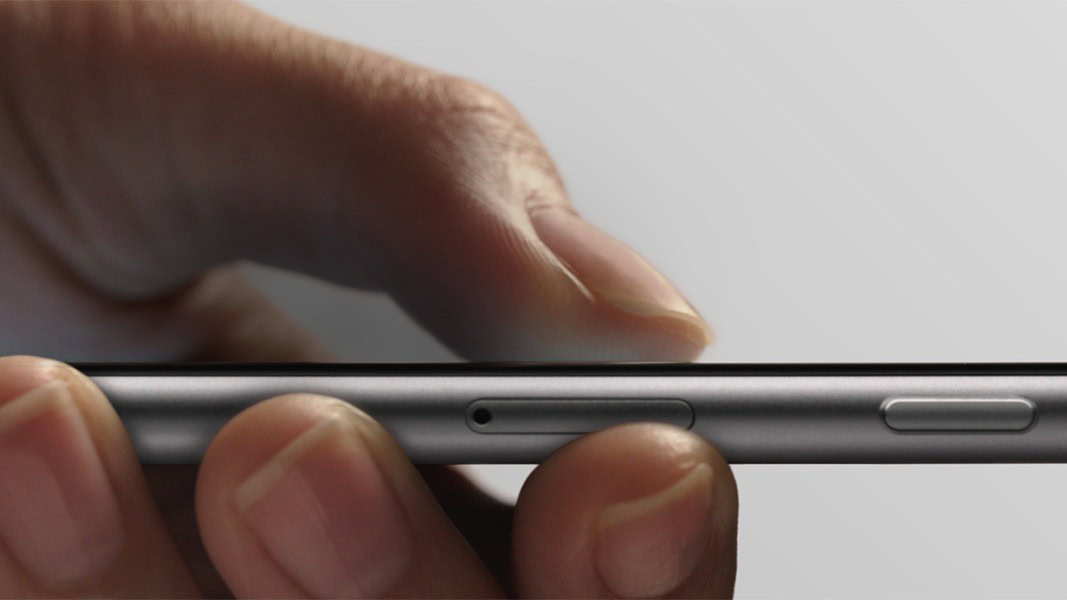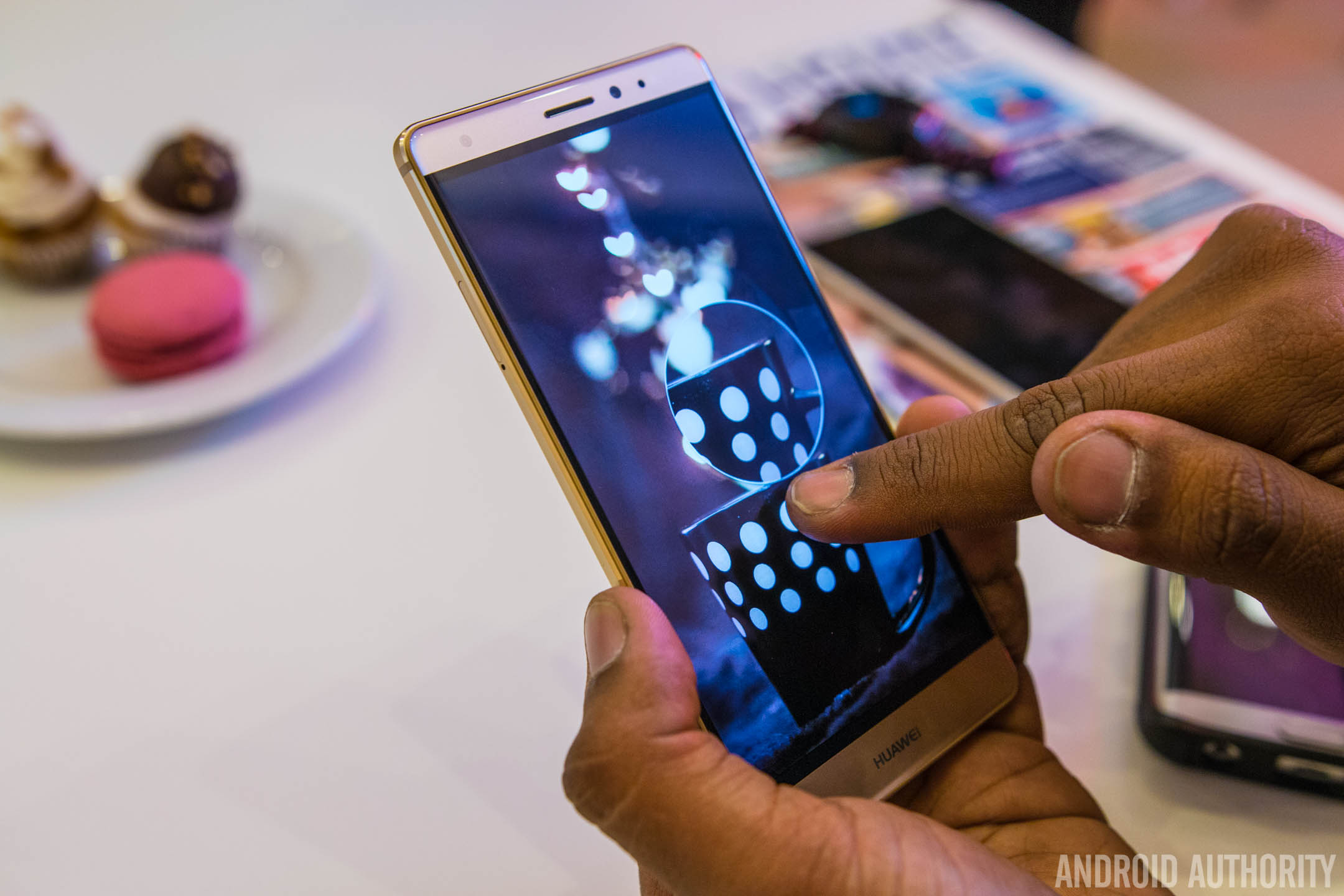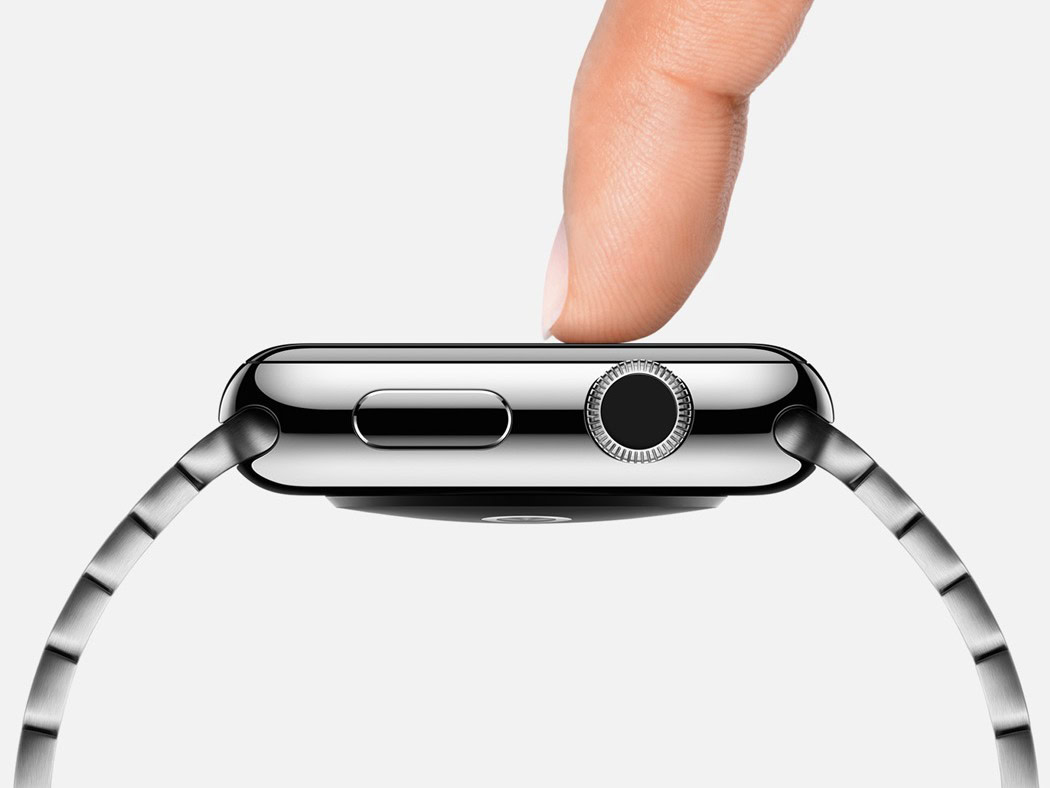Affiliate links on Android Authority may earn us a commission. Learn more.
2016 to be the year of pressure-sensitive displays, but do you care?

Apple’s implementation of pressure-sensitive displays have taken the tech world by storm… or at the very least they seem to have started a trend. Research firm IHS is now predicting that 25% of all smartphones coming in 2016 will have some form of pressure sensitivity display, likely similar to Apple’s Force Touch, 3D Touch, or whatever you want to call it.
If you are not familiar with this technology, pressure-sensitive displays can help a smartphone determine how hard you are pressing a screen with your finger. This will then allow the operating system to apply different actions depending on the pressure level. In iOS, for example, you can make quick previews or settings come up by pressing harder.


This is cool and all, but we are still trying to figure out whether it’s a gimmick or an actual helpful feature. Also, we have pretty much been taking advantage of something very similar – long pressing. How are pressure-sensitive any better? The debate is pretty hot right now.
Some of us believe there is not much of a need for it, and it will do nothing but confuse users. I swear, nearly every time a person asks me how the iPhone 6S is different from the 6, I tell them one of the biggest differences they will notice is Force Touch. Then they ask me what it is and how it works. They usually have no idea about it, and that’s because the industry didn’t evolve with this concept in mind. It’s a new way to interact with our devices and will take some time to be adopted.
Other related content:

On the other hand, Force Touch enthusiasts say it’s a much more intuitive way to work with a phone. In a way, it’s how we interact with the rest of the world, after all. People just need to get used to it. Like with any other new technology, you don’t really know how valuable something is until you actually learn to live with it. Then you can’t let it go. Instagram has actually realized what this technology can do to the experience, and they have ported a transformed version of their Force Touch integration to Android.
On which side to you stand? Are you into pressure-sensitive screens? Would you rather live with long presses? Hit the comments and let us know!